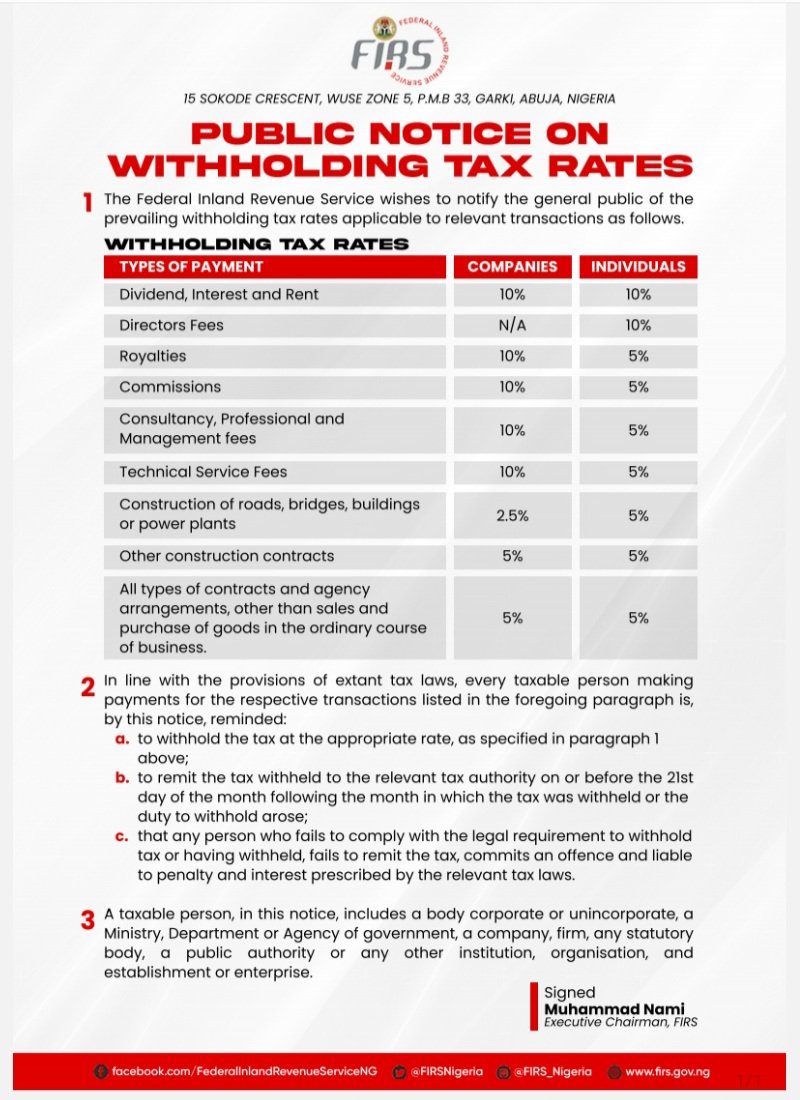
The Director-General of the Nigerian Center for Disease Control (NCDC), Dr. Ifedayo Adetifa, has alerted Nigerians about the looming outbreaks of Lassa fever, meningitis and other diseases in the country as the dry season sets in.
In an interview today, November 1 in Abuja, the NCDC boss said that the outbreaks of the multiple diseases would strain other aspects of the economy.
“Lassa fever and meningitis remain a major public health challenge in West Africa, with Nigeria bearing a significant burden.
“They occur throughout the year, but more cases are recorded during the dry season based on our surveillance data.
“Lassa fever virus is transmitted by rodents which can be found in our environment. This contributes largely to the risk of spread that occurs in Nigeria and other countries with similar ecological factors,” Adetifa explained.
According to him, the public health workforce continues to work hard to maintain surveillance on these infectious diseases to inform public health response activities.
He noted that the infrastructure developed through the COVID-19 response, such as treatment centres and additional molecular laboratories across states were being used to respond to other outbreaks.
“There is no vaccine to protect against Lassa fever; ensuring proper sanitation, good personal hygiene and standard care precautions by health workers will help to prevent spread of the disease.
“Importantly, Nigerians must also have a critical role to play in preventing the spread of infectious diseases.
“We will continue to appeal to Nigerians to take responsibility while remaining aware of risk of the spread of COVID-19, cholera, Lassa fever, cerebrospinal meningitis and other disease outbreaks.
”The existing measures such as handwashing with soap and running water can prevent these diseases,” he said.
The NCDC boss noted that Nigerians were at the time of the year when bush burning was rampant.
“We want to discourage bush burning to prevent migration of rodents (including multimammate rats) to our neighbourhood.
”This will reduce the risk of Lassa fever virus transmission by these rodents that contaminates food stuff by dropping their urines,” he said..
The NCDC boss urged the people to block holes through which rodents gain entrance into homes and keep food stuff in tightly sealed containers, stressing, good environmental and personal hygiene should be observed.
He urged Nigerians with symptoms of Lassa fever to report immediately by calling hotlines provided by their state Ministry of Health or 6232.
Adetifa further said that symptoms of Lassa fever include; fever, headache and general body weakness with or without bleeding through the orifices in the body including mouth and nostrils.
He said that the disease also spread from person to person, physical touch of those who manifest the symptoms of the disease was discouraged and their care givers urged to perform regular hand hygiene and report cases to nearest health facility.
The NCDC boss, however, said that Lassa fever was treatable at states designated treatment centres.
“Many deaths that have been reported from Lassa fever occur as a result of late presentation in the treatment centre.
”To reduce the risk of death from Lassa fever, those showing symptoms, especially in a high burden communities should visit health facilities for early diagnosis and prompt treatment,” he said.
The director-general called on healthcare workers to comply strictly with infection prevention and control protocol to prevent infecting themselves and others.
“They should have high index of suspicion to detect and report cases to the Local Government Area disease surveillance and notification officers.
“We will continue to rely on our traditional and religious leaders, civil society organisations and community-based organisations as critical stakeholders in the fight against infectious diseases in our communities.
“We will continue to solicit the support of our partners, including the media at all levels toward the efforts in combating these diseases,” he said.
Adetifa, stated that the agency would continue to call on leadership at all levels to prioritise investment in health security in their respective jurisdiction.
He added that the NCDC would also build on lessons from previous outbreaks to ensure adequate preparedness for future emergencies.
Source: NAN.








